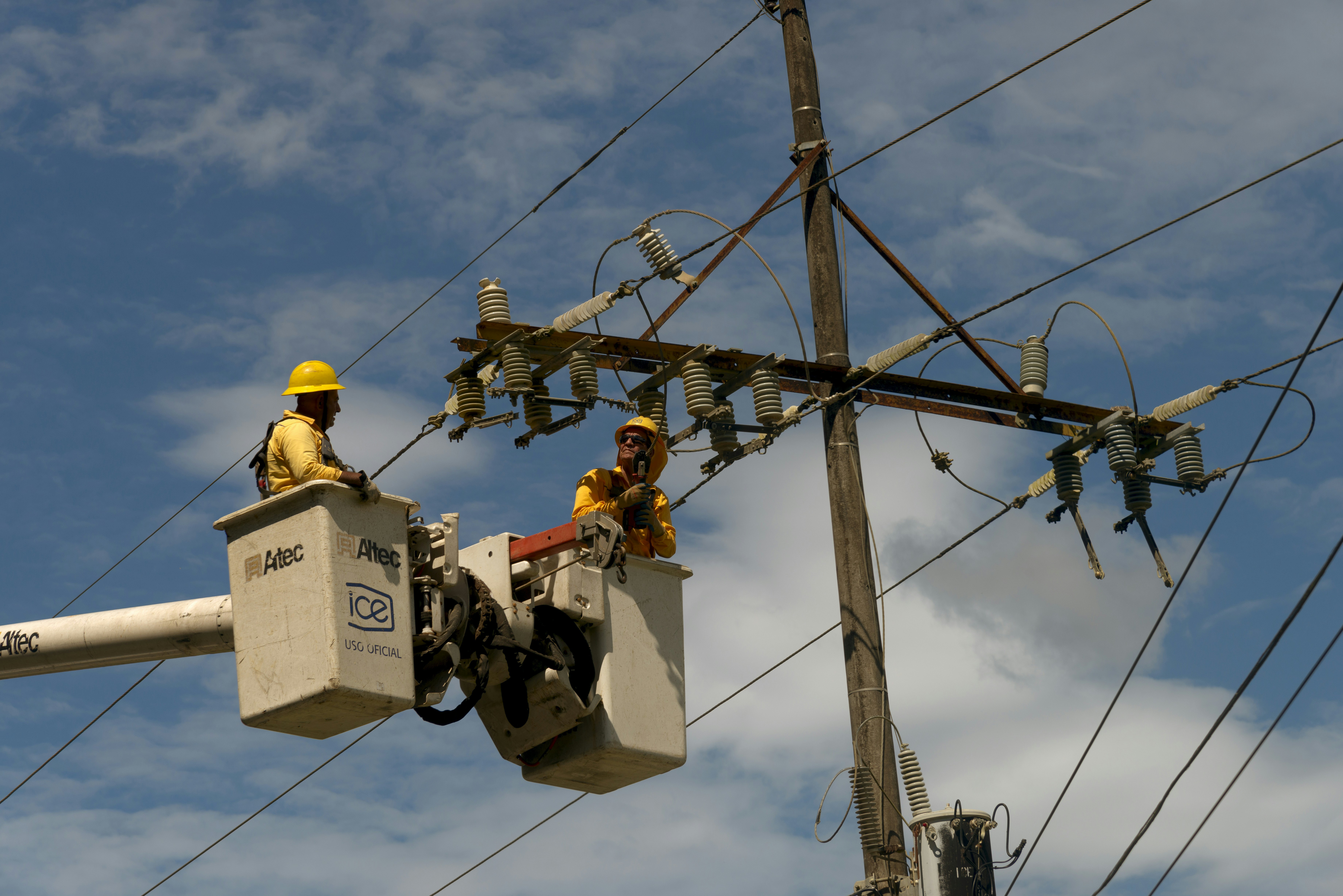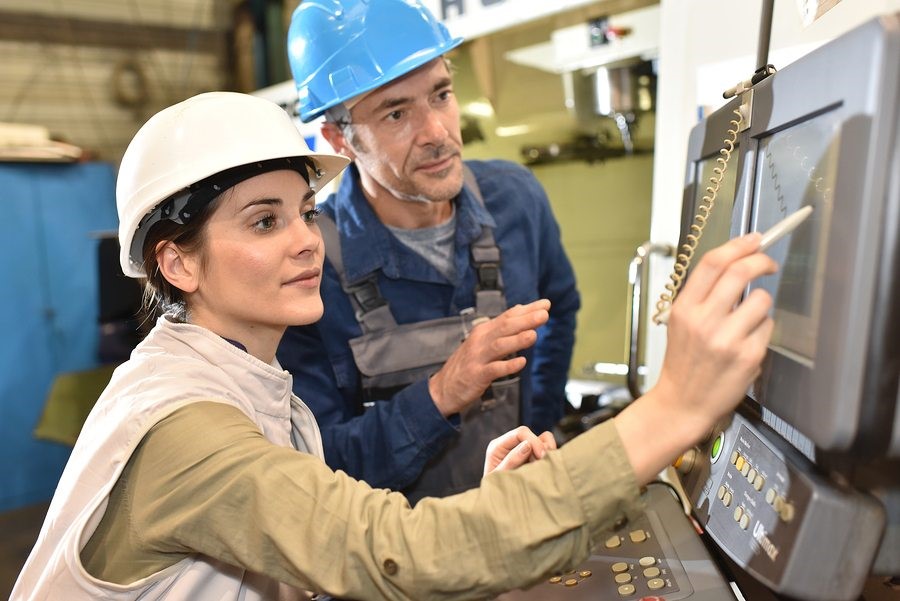

By Kelly O'Connell | Mon, September 29, 25
We are reporting back on an initiative that we shared with you last fall, our Equitable Rental Property Electrification Learning Group. We just wrapped up its last session, bringing new connections to municipalities in New England and insights into how best to reach rental units with programs that deliver energy efficiency, heat pumps, and other strategies to lower bills and greenhouse gas emissions while improving occupant comfort and health. Doing so requires significant attention to policies that preserve affordable housing for renters. With considerable housing shortages, rising rents across the board, and increasing energy costs, it is now more critical than ever that municipalities address efficiency, electrification, and affordability in tandem. This initiative supports local governments in the region as they grapple with these challenges and work to develop effective and sustainable programs opportunities that meet the needs of landlords and renters in their communities.
The learning group was facilitated in partnership with the American Council for an Energy-Efficient Economy (ACEEE), which launched its Energy Equity for Renters initiative in 2021 to advance rental home energy efficiency while preserving and/or expanding affordable housing.
Learning Group
ACEEE and NEEP facilitated a series of monthly virtual sessions for members of the learning group. This group consisted of local government staff and municipal stakeholders who work on rental housing efficiency, electrification, and affordability, and included 19 jurisdictions from Connecticut, Massachusetts, Maine, New Hampshire, and Rhode Island, providing a wide range of local perspectives.
Members had varying degrees of expertise with rental electrification programs, which allowed for a robust exchange of potential solutions. Over the eight calls, we covered topics such as renter protections, electrification funding options, and tenant and landlord engagement strategies. ACEEE and NEEP organized the final two calls as “Applied Learning Sessions” with content of further interest to the members such as an update on federal funding and centered deliberation on shared challenges and opportunities. The monthly virtual sessions were co-led and planned by a learning group member to ensure the session was tailored to the needs of the participants.
Several speakers joined the sessions to provide expertise and inspire robust conversation. Of note, the authors of the new report of “Tenants at the Center: An Equitable Path to Building Decarbonization” provided an overview of renter protections. Members were highly engaged and resonated with the call to increase housing security. In our last formal speaker-led session in June, a City of Ann Arbor, Michigan staff member presented the A2Zero Green Rental Housing Program, a successful case study of an efficiency program, and a suite of supporting programs, to decarbonize a high percentage rental housing stock and facilitate an electrified market transformation.
Key Takeaways: Education, Engagement, and Capacity
Through the learning group, it became apparent that a major sticking point for municipalities was their need to develop an effective plan for engaging and educating renters and property owners in their communities. Often renters are guarded and distrustful of their landlords, fearing that upgrades to their units will result in increasing rents. Those renters that are interested in upgrades can be dissuaded by inaccessible programs or easily lose trust in the government program with any setbacks. On the other hand, property owners can be hard to contact and resistant to implementing new electrification measures when a clear benefit of a retrofit is not conveyed. The split incentive comes into play: property owners do not see any monetary/profit benefit to proceeding with these upfront investments; instead, they have the impression that residents enjoy all monetary, health, and comfort benefits. The group discussed how to engage these community members in a meaningful way. Municipalities with more established programs shared tips and resources such as example outreach materials that were effective in their communities.
Another barrier is municipal staff capacity. Often, these programs are one of many undertaken by a sole employee. Group members were enthusiastic about the different program models that were shared but felt limited in their capacity to enact changes and assist residents. At NEEP, we are hoping to highlight this need and better support municipalities in their critical work moving forward. Through one of our new initiatives, the Community Heating Electrification Cohort, we are developing templates and resources for municipal staff as they develop heating electrification coaching programs, easing their burden.
Survey Results
Last fall, NEEP distributed a survey to gauge participants’ initial understanding of and interest in the implementation of rental electrification programs. We conducted a similar survey at the end of the project to collect members’ feedback and to assess changes in their knowledge of electrification and housing affordability.
Comparing the results of the two surveys, there was notable improvement in the confidence of the members to set up and implement a rental electrification program in their community. In addition, members reported an increase in their knowledge base on several topics including energy insecurity, community engagement, and landlord and tenant engagement, key focuses of the group discussions. This reflection is rewarding because boosting municipal staff confidence and foundational knowledge is key to holding up strong community programming. Growing this strong confidence and knowledge base will be a focus of continuing efforts at NEEP. The members expressed continued concern about access to federal funding, addressing the tenant-landlord split incentive, and heat pump-friendly rate design as they create and implement programs.
Next Steps
Over the last few months of the year, ACEEE and NEEP will provide technical assistance to several member municipalities. This opportunity will support members as they begin or enhance a rental electrification program in their communities. Technical assistance will be offered to meet the needs of specific members but may include guidance and referrals on implementation strategies and best practices, stakeholder interviews, review of and recommendations on program design tools and templates, and virtual brainstorming sessions. By bookending the formal sessions with this technical assistance opportunity, ACEEE and NEEP hope to catalyze the group’s learnings into action.
Working with municipalities in this learning group further confirms the feedback we hear across our stakeholder network: rental housing is a persistent gap in regional energy efficiency programs. Residents of multifamily housing that is unsubsidized and has low rents, also known as naturally occurring affordable housing (NOAH), may experience compromised health and high energy bills due to the poor condition of the property. Many energy efficiency programs are not equipped to effectively serve these properties. To address this gap, NEEP is engaging in research, stakeholder engagement, and the development of tools and other resources to support municipalities working to advance energy savings in their communities. Stay tuned!



